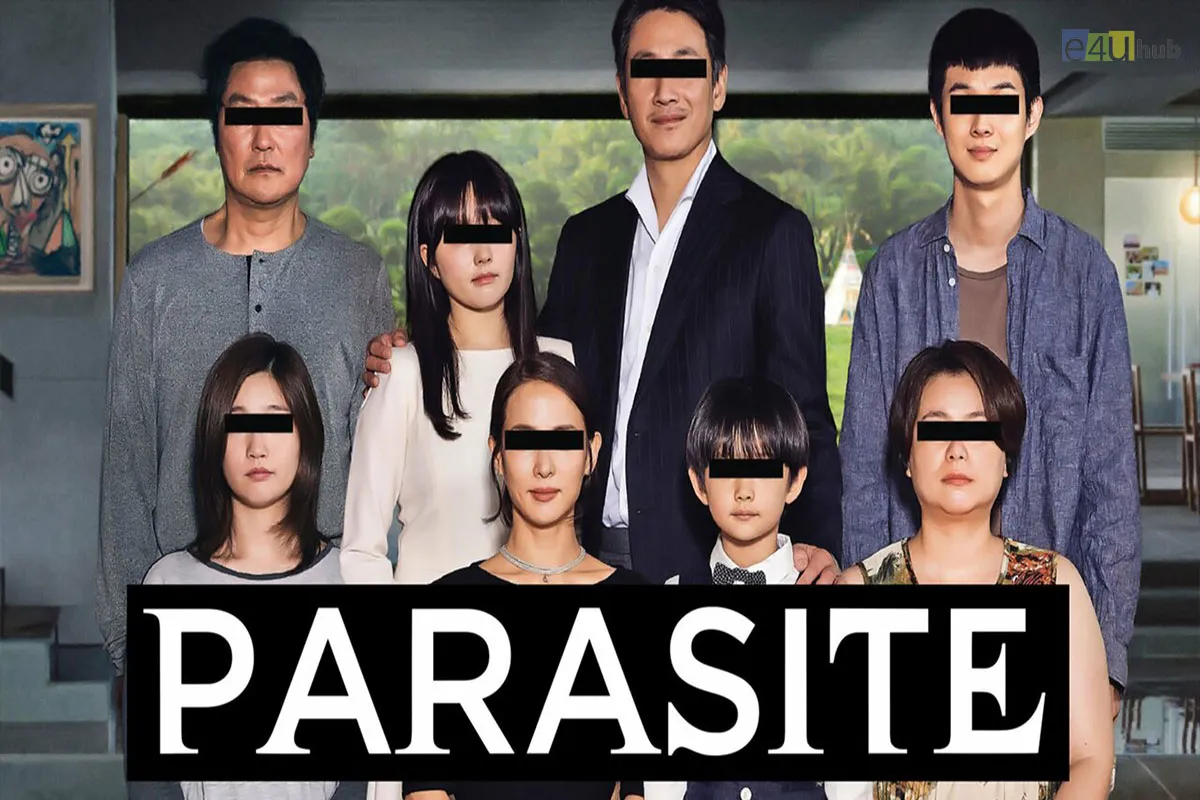
Parasite: A Cinematic Masterpiece That Defies Genre Conventions
- 22 May, 2024
- Entertainment
- 596 Views
- 0 Comments
In a cinematic landscape often dominated by formulaic plots and predictable narratives, "Parasite" emerges as a breath of fresh air, challenging conventions, and defying categorization. Directed by Bong Joon-ho, this South Korean masterpiece has garnered widespread acclaim since its release, captivating audiences with its gripping storytelling, impeccable performances, and thought-provoking themes. This review delves into the brilliance of "Parasite" and why it deserves its place among the greatest films of our time.
Plot and Themes:
"Parasite" is a tale of two families from different socio-economic backgrounds whose lives become intricately entwined. The Kim family, living in poverty, cunningly infiltrates the affluent Park household, posing as skilled workers. What begins as a clever scheme to improve their fortunes soon spirals into a series of unexpected twists and turns, exposing the deep-seated inequalities and societal divides that pervade contemporary society.
At its core, "Parasite" is a masterful exploration of class struggle, examining the disparities between the haves and the have-nots with nuance and empathy. Through its razor-sharp satire and dark humor, the film sheds light on the complex dynamics of privilege, power, and aspiration, forcing viewers to confront uncomfortable truths about the nature of inequality and the pursuit of the elusive "American Dream."
Performances and Direction:
Central to the success of "Parasite" are the stellar performances delivered by its ensemble cast. From the Kim family's cunning machinations to the Park family's oblivious privilege, each character is brought to life with depth and complexity, thanks to the talents of the cast members. Song Kang-ho shines as the patriarch of the Kim family, conveying a mixture of desperation and resourcefulness that anchors the film's narrative. Meanwhile, Cho Yeo-jeong delivers a standout performance as the oblivious matriarch of the Park household, capturing the character's naivety and vulnerability with precision.
Bong Joon-ho's direction is nothing short of masterful, seamlessly blending elements of comedy, drama, and suspense to create an entertaining and thought-provoking cinematic experience. His meticulous attention to detail is evident in every frame, from the intricate set design to the hauntingly beautiful cinematography. By juxtaposing the two families' contrasting worlds with visual flair and narrative depth, Bong crafts a compelling commentary on the universal human desire for social mobility and the harsh realities of economic inequality.
Impact and Legacy:
Since its release, "Parasite" has left an indelible mark on the global film landscape, earning numerous accolades and becoming the first non-English language film to win the Academy Award for Best Picture. Its success not only reflects the growing recognition of South Korean cinema on the world stage but also signals a shift in audience preferences towards more diverse and daring storytelling.
More than just a film, "Parasite" is a cultural phenomenon that continues to resonate with audiences worldwide, sparking conversations about privilege, inequality, and the human condition. Its enduring legacy serves as a testament to the power of cinema to transcend language and cultural barriers, reminding us of the universal truths that bind us all together.
Conclusion:
In conclusion, "Parasite" stands as a triumph of storytelling and a testament to the boundless creativity of its visionary director, Bong Joon-ho. With its gripping plot, nuanced characters, and timely themes, the film captivates viewers from start to finish, leaving a lasting impression that lingers long after the credits roll. Whether you're a cinephile or a casual moviegoer, "Parasite" is a must-watch experience that reaffirms the transformative power of cinema.















Leave a Reply